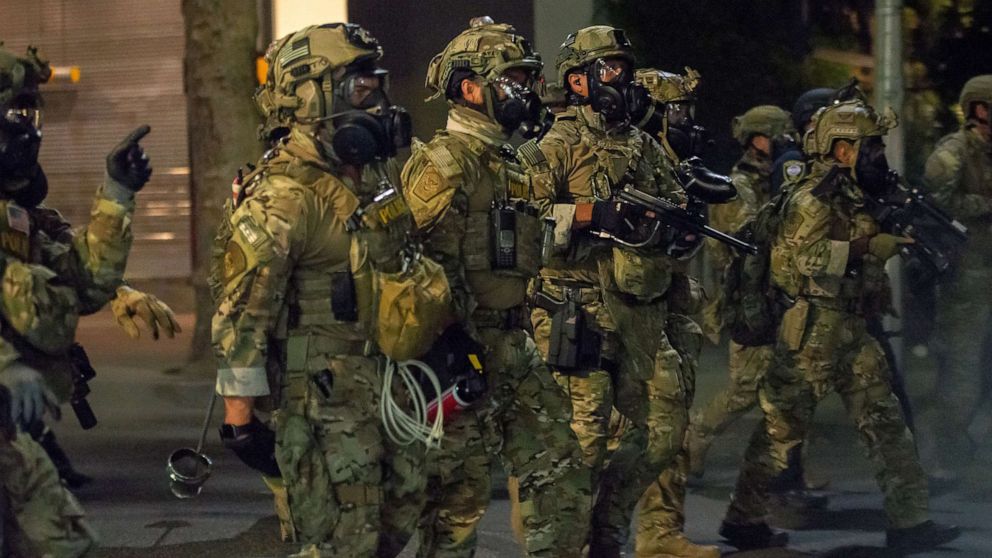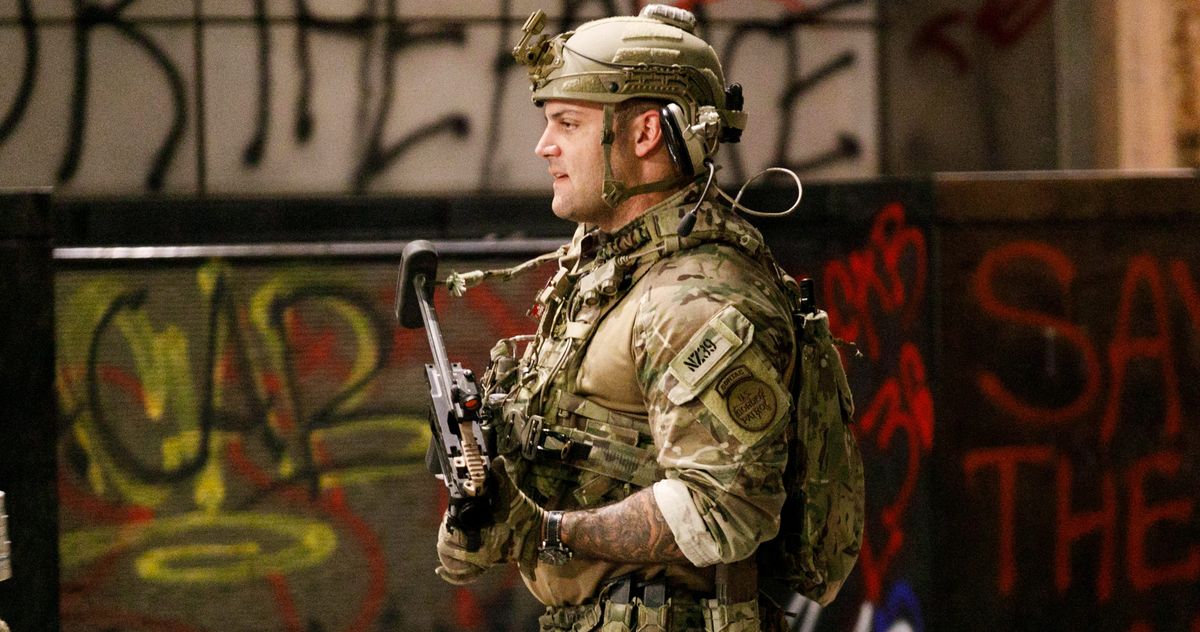Primer:
Media Matters raked in as much as $2 million in coronavirus relief loans as the left-wing blog slammed the Trump administration’s coronavirus response, according to federal records released on Monday.
Records show that Media Matters, the progressive activist group founded by Clinton loyalist David Brock in 2004, received between $1 million and $2 million from the government’s Paycheck Protection Program. The loan represents a significant portion of the group’s annual income, which was listed as $11 million in 2017, according to tax records. Media Matters is bankrolled by the Democracy Alliance, one of the largest progressive donor groups in the country. The deep-pocketed philanthropy network has steered hundreds of millions of dollars to liberal groups since it was founded in 2005—and pledged to distribute $100 million in 2020 alone. More here.
*** David Brock it appears needed (needs) the funds to fight of one of many lawsuits and not for keeping his employees on the payroll.

RCI:
David Brock, the onetime anti-Clinton journalist turned Hillary Clinton ally and aggressive promoter of Democratic media narratives in recent decades, faces legal actions and disclosures portraying his organizations as working so closely with the Clinton campaign in 2016 that they broke the law.
The conservative Patriots Foundation alleges in a lawsuit being filed today in U.S. District Court for the District of Columbia that an improperly porous relationship among four Brock-founded organizations amounted to illegal coordination with the Clinton campaign in violation of Federal Election Commission regulations. The best known of the four groups is Media Matters for America, which highlights what it calls media bias from the right. The other three are the American Bridge 21st Century PAC; the American Bridge 21st Century Foundation; and the Correct the Record PAC.
“American Bridge 21st Century PAC claimed that it was independent of the Clinton campaign so that it could make independent expenditures,” the Patriots Foundation said in a statement provided to RealClearInvestigations. “American Bridge is run by the same people who run Media Matters and Correct the Record, however, which we know coordinated with the Clinton campaign.
“They all work from the same offices,” the statement continued, “Brock was paid by all of them, American Bridge and Correct the Record shared at least 6 employees, and Correct the Record made in-kind contributions to American Bridge PAC. American Bridge’s supposedly independent activity was just as coordinated as Media Matters’ and Correct the Record’s activity – meaning that American Bridge’s [expenditures] were really excessive and illegal contributions to Hillary Clinton’s campaign.”
Representatives for the organizations did not respond to requests for comment (Correct the Record is now inactive). Nor did Brock himself or the Clinton campaign.
This past April, the Patriots Foundation filed an FEC complaint against Brock’s organizations. Since the agency hasn’t acted on it within a requisite 120 days, the Patriots Foundation is now suing the FEC as allowed under campaign finance laws. The Patriots Foundation also filed complaints with the IRS last spring regarding Media Matters and the American Bridge Foundation, but there is no legal remedy to force the IRS’s hand in court as with the FEC.
The tactics of Media Matters are generally acknowledged as politically aggressive in a way many see at odds with the organization’s 501(c)(3) nonprofit tax status, which stipulates nonpartisanship. In 2008, The New York Times described Media Matters as a “nonprofit, highly partisan research organization.” The Patriots Foundation alleges that in 2016 Media Matters ceased merely appearing to be partisan — it acted openly as an arm of the Hillary Clinton campaign. A December 2016 report in the liberal-leaning magazine the New Republic, highlighted by the group, substantiates this assessment:
The organization [Media Matters] had long ceased to be a mere watchdog, having positioned itself at the center of a group of public relations and advocacy outfits whose mission was to help put Clinton in the White House. … In our numerous conversations with past Media Matters staff, there was a consensus that in the lead-up to Clinton’s announcement of her candidacy in 2015, the organization’s priority shifted away from the mission stated on its website — “comprehensively monitoring, analyzing, and correcting conservative misinformation” — and towards running defense for Clinton. The former staffers we spoke to largely felt that this damaged Media Matters’ credibility and hurt the work it did in other areas. “The closer we got to the 2016 election the less it became about actually debunking conservative misinformation and more it became about just defending Hillary Clinton from every blogger in their mother’s basement,” one former staffer told us. This was, moreover, a repeat of what Media Matters did in 2008, when there was a rift between staffers and management over the favoring of Clinton in her race against then-Senator Barack Obama.
Media Matters staffers recounted internal fights over the group’s devotion to Clinton. Employees were ordered to critique NPR’s Terry Gross for asking Clinton some questions about why it took her so long to support same-sex marriage.
But the staff reportedly felt Gross’ questions were fair, and according to the New Republic, “nearly everyone we spoke to who worked there at the time felt that a similar article would not have been written about a different politician.” Media Matters’ research director, Jeremy Holden ended up writing the story because other staffers were unwilling to put their name on it. Holden did not respond to a request for comment.
Media Matters employees were also reportedly frustrated by the organization’s obsession with defending Clinton at the expense of other liberal causes. “Former staffers pointed out several stories that fell within Media Matters’ ambit that should have been better covered. … On the site, there are 1,468 posts tagged with ‘Hillary Clinton’ as opposed to just 26 tagged ‘Bernie Sanders,’” according to the New Republic.
In addition to media reports, internal communications at the Clinton campaign further reveal that it was treating Media Matters as a campaign surrogate and coordinating with the group.
Internal communications at the Clinton campaign
released by WikiLeaks reveal that the Brock groups Media Matters (MMFA) and Correct the Record (CTR) were treated as campaign surrogates.
A campaign strategy memo released by WikiLeaks notes that the Clinton campaign reported using the Brock group to “muddy the waters” when it came to issues where Clinton was vulnerable by “working with MMFA to highlight examples of when the press won’t cover the same issues with Republicans.” Another email released by WikiLeaks has Clinton’s press secretary, Nick Merrill, planning to push back on a Vanity Fair story about Clinton campaign vice chair Huma Abedin, which hadn’t been published yet, saying, “We have MMFA, CtR, and core surrogates lined up, which we can expand on tomorrow.” Media Matters published a piece criticizing the Vanity Fair story the following day.
“CtR” in Merrill’s email refers to the Correct the Record PAC. The PAC has been dormant since the 2016 election cycle, but “coordinat[ed] directly with Clinton’s campaign,” Politico reported. The CTR PAC even took money directly from the Clinton campaign – during the 2016 election cycle CTR took in $8.5 million in donations, including a donation of $275,615 in 2015 from Hillary for America. From its inception, the PAC skirted rules that prevent such entities and campaigns from directly coordinating with campaigns by claiming all its activities were covered by an FEC exemption regarding public communications.
“Correct the Record believes it can avoid the coordination ban by relying on a 2006 Federal Election Commission regulation that declared that content posted online for free, such as blogs, is off limits from regulation,” notes a 2015 Washington Post report. “The ‘Internet exemption’ said that such free postings do not constitute campaign expenditures, allowing independent groups to consult with candidates about the content they post on their sites.” The Patriots Foundation FEC complaint strongly disputes that the operations of the CTR PAC were defensible under this interpretation, noting that the PAC spent money on polling and other activities that don’t constitute communications.
Organizationally, there also appears to have been not much separation between CTR and Brock’s other PAC, American Bridge. “During the 2016 election, Brock claimed that AB PAC remained independent of both the Clinton campaign and CTR PAC so that it could make independent expenditures in support of Clinton,” notes the Patriots Foundation FEC complaint. “However, he continued to collect a salary from both PACs, and disclosure reports show that the committees shared at least seven overlapping staff members at various times during 2016. Moreover, AB PAC reported making in-kind disbursements to CTR PAC in 2016.” (In addition to getting paid by both PACs, Brock drew a salary of $278,566 from Media Matters as well, 2017 tax records show.
Overall, the American Bridge Foundation was the largest donor to the AB PAC in the 2016 and 2018 election cycles. As a 501(c)4 nonprofit, the AB Foundation is not required to disclose its own donors. Other notable donors to the AB PAC include George Soros, who gave AB PAC $2 million between 2015 and 2016. Some of America’s biggest unions – the SEIU, AFL-CIO, NEA, AFT, and AFSCME – all made six-figure donations in the 2016 election cycle. And Win McCormack, the owner and publisher of the New Republic, gave $100,000 to the AB PAC five months before his publication ran the story on Media Matters’ troubles.
Not the First Time
The Patriots Foundation alleges that the legally required separation between the groups did not exist. The two organizations shared staff, office space, and equipment, but the AB Foundation stated in IRS filings the “two entities have entered into a cost-sharing agreement to allocate shared overhead costs so that neither entity is financially supporting the activities of the other.”
But other audited financial statements from the AB Foundation note they did “not have a formal agreement relating to the allocation of expenses between the two entities” and “allocations were made based on management and budget estimates.” Those estimates varied wildly. The AB Foundation gave the PAC some $2.9 million “for salary, rent, and expenses” in 2015; $720,000 in 2016; $4.5 million in 2017; and $3.3 million in 2018. In many of those years, the AB Foundation also claimed to owe AB PAC more than it paid, also by varying amounts.
This is not the first time one of Brock’s organizations has been challenged for running afoul of FEC regulations. Last year, the Campaign Legal Center filed a complaint regarding the Correct the Record PAC’s claim that it could coordinate with the Clinton campaign under the public Internet communications exemption. FEC attorneys agreed with the Campaign Legal Center but the FEC, which has been understaffed during the Trump administration, only had four of six members on the commission. The complaint was dismissed when the two GOP commissioners sided with the CTR PAC, leaving the commission deadlocked. The Campaign Legal Center is still litigating the matter.
The Patriots Foundation complaint is different in that it addresses the coordination across all of the Brock organizations, as well as the allegations American Bridge PAC inaccurately reported the operational costs it shares with the American Bridge Foundation.
The Patriots Foundation told RealClearInvestigations it is not seeking remedies from the FEC beyond what was outlined in its original complaint. That complaint asks the FEC to “elicit admission of the violations from each of the respondents, conduct a robust investigation to determine the scope of the alleged violations, bar respondents from continuing violative activities, and collect civil penalties in amounts commensurate with the gravity of these serious ongoing violations.”
The IRS action filed by the Patriots Foundation seeks to revoke the tax-exempt status of Media Matters and the AB PAC, and calls for both to be compelled to pay applicable taxes while improperly operating as tax exempt, plus applicable financial penalties, while referring both to the Justice Department for criminal prosecution.
 Note police on the uniforms
Note police on the uniforms Note here he has identifiers.
Note here he has identifiers.





